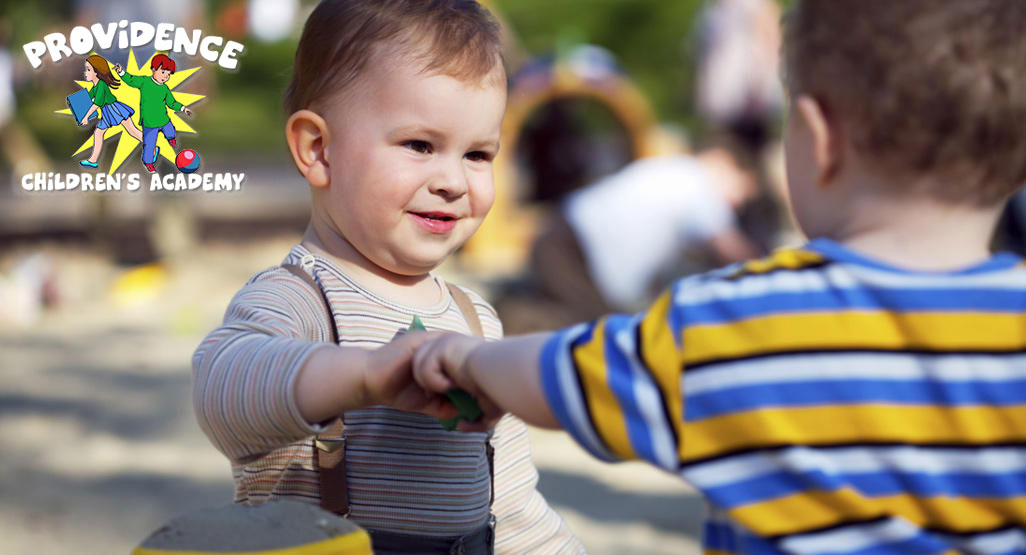
When your child first enters the schooling arena they are introduced to a whole new world. They meet new children, start learning academics, and build a sense of the world around them. Finding a preschool curriculum that incorporates play as an important aspect will ensure that your child is not forced into a curriculum that pushes a constricted learning style on them. Play is a fundamental way of learning for a child, and the more it can be embraced the better.
Early Years are Critical
The early years of your child’s life are crucial because they are the formative years where your child learns to interact with others and the environment around them. These years need to be treated with care to allow a space for your child to question and explore as much as possible, to understand their abilities and how they fit in with others. Erika Christakis, a noted early childhood educator, says that we need to see childhood as “a life stage worthy in its own right and not merely as a training ground for an adult future”. These words ring true when looking at curriculums that offer heavy academic-based curricula to prepare your children for school and adult life ahead. Let children deal with the academics when they get there, now is for play. These skills are for other aspects of their upbringing and are just as important.
Why Play is Important Within a Preschool Curriculum
The act of playing is part of the developing child’s way of exploring the world. Play refines motor skills, encourages exploration and questioning of the environment, and expands social, cognitive, and language boundaries. When a preschool curriculum focuses too much on teacher-directed lessons they lose sight of the real way in which children learn and allow less time for play.
The reality is that children are not adults. Being part of a preschool curriculum that “adultifies” them, does not encourage growth. Erika Christakis says that we need to “create classroom environments where children see themselves as engineers, physicists, sculptors, storytellers, entomologists, philosophers, musicians, and diplomats”. This type of teaching requires the teacher to get on the child’s level, listen to them, and understand how each child is different and learns in their own ways. Children similarly need this so that they may explore what each different role is like and discover for themselves what they like and who they are. To confine them to a “one size fits all” curriculum would be to stunt them so early in life.
Providence Children Academy focuses our curriculum on play by incorporating it into the normal lessons and work days. This allows the children to learn about the world, learn literacy and mathematics, but by using all of their senses to do so. This type of hand-on learning creates transferrable skills that children can use to relate what they have learned to their surroundings in a meaningful way:
-
Teach children how to interact with others. They learn to take turns, how to win and how to lose, and to adjust their behavior for different people.
-
Language Skills
Children learn how to speak to each other, and when role playing they learn how their language may alter depending on varying roles or circumstances. For example, playing doctor they realize that the doctor speaks differently than the patient or the patient’s family.
-
Cognitive Skills
Play affects children’s minds by teaching them cause and effect, symbolic thinking and causal inference. These skills are gained through testing, questioning and exploring, and will give a child an understanding of the space they move through.
How to Increase Play
There are many ways to increase the amount of play-time in a school day. This includes adding structured play during lessons, and allowing time for unstructured play at varying intervals in-between.
More time needs to be allowed for going outside, giving a child much needed fresh air and the opportunity to interact with nature and discover critters or plants, and their environment. Children can explore their curiosity about the world around them and will find excitement through hands-on learning.
One aspect of increasing creativity while playing that Erika Christakis deems important is to avoid premade kits for crafting. Allow children to use their own imagination and use recyclable objects around the classroom to create animals or toys. By allowing a child to tap into their creativity they learn skills such as problem-solving, trial and error, and systematic thinking. These become important later when dealing with more complex tasks.
Play breeds learning and allows children to create a vision of the world and their place in it. At Providence Children Academy, we ensure our preschool curriculum is full of meaningful play. Our teachers get on the children’s level and talk to them, ask them questions, and encourage them to be curious. Our hands-on approach and individualization of the children’s learning treats them with a sense of respect for the stage of life they are in. Focusing on a child in this way builds their sense of self-importance and allows them to discover the extent of their abilities through their own ways, which is exactly what they need in such an important stage of life. We believe in allowing children to be children.
